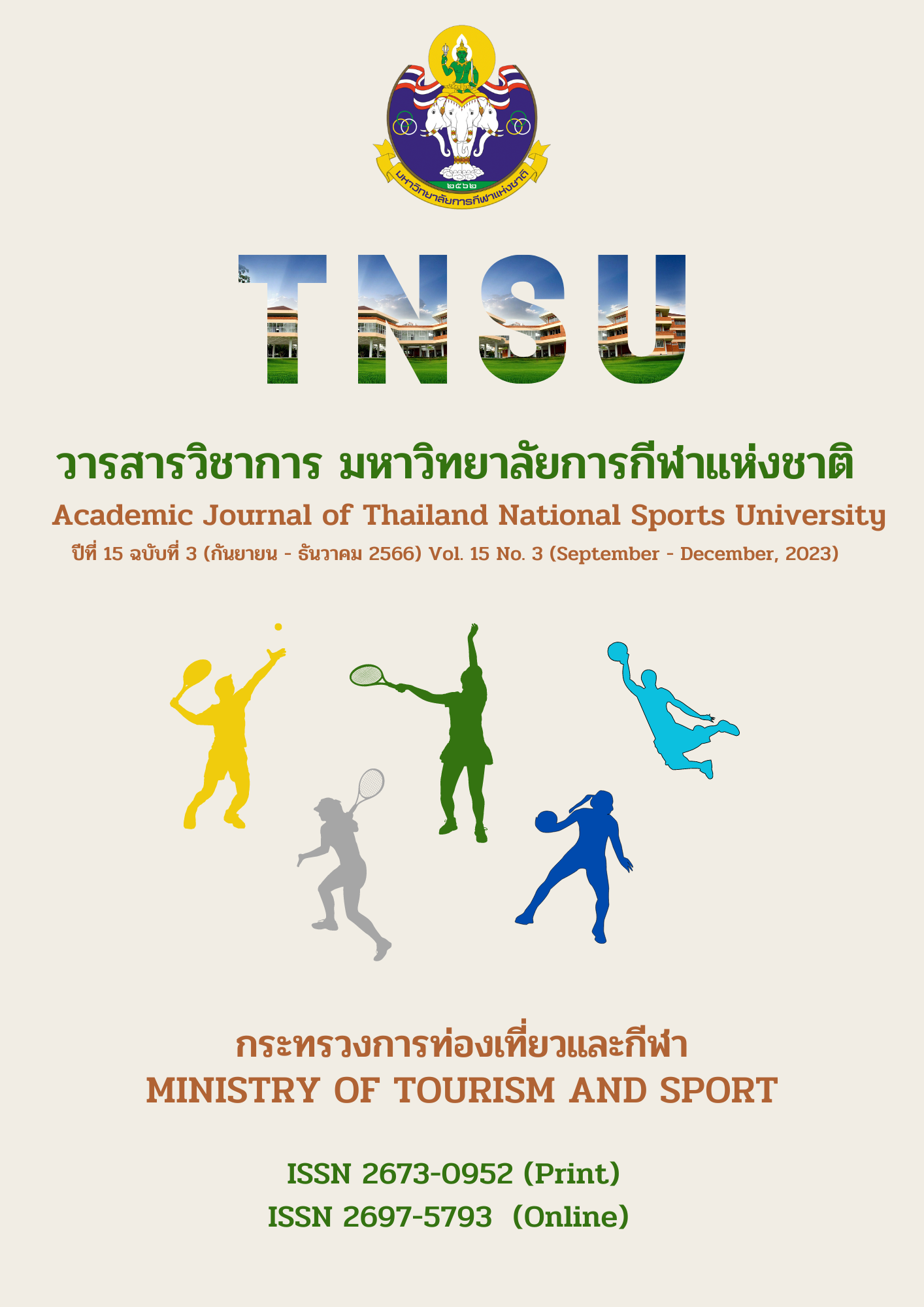MOBILE TRAINING MODEL BASED ON SELF - ACCESS LEARNING TO ENHANCE COMPETENCY OF DIGITAL TECHNOLOGY FOR GOVERNMENT STAFF AND GOVERNMENT PERSONNEL
Main Article Content
Abstract
The objective of this research was to develop a self - directed learning-based training model for government staff and government personnel. The study was Research and Development: R&D. The target group for providing information for research is various experts related to the training of government personnel, totally 6 people and also this research was related to digital literacy, learning - based mobile training and self - access in order to explore components of the systems and develop them into suitable mobile training model for using to train government staffs. The researchers found that a suitable mobile training with the concept of self-learning to enhance digital technology performance for government staff contained several factors divided into three important parts. The first part was called “input” part which contained factors related to the self - learning approach, content analysis, training design process, and tools. The second part was called “process” which included the pre - training stage, training process, and post - training stage. The last part was called “productivity” which included learning outcomes and their attitudes toward mobile training.
Article Details

This work is licensed under a Creative Commons Attribution-NonCommercial-NoDerivatives 4.0 International License.
The published article is a copyright of the Academic Journal of Thailand National Sports University. The passage appeared in each article in this academic journal is a perspective of each author which is not related to the journal. Each author is required to be responsible for all components of his/her own article. If there are any mistakes, each author must be responsible for those mistakes on his/her own.
References
Frank Russell. (2018). 6 reasons micro - learning will make a huge impact in your organization. Retrieved from https://prositions.com/dashtrain/6-reasons-micro-learning-will-make-a-huge-impact-in-your-organization-webinar/
Hopper, C. (1992). Differences between left and right hemisphere. Retrieved from http://www.mtsu.edu/-studskl/hd/learn.html
Napin Yeamprayunsawasd. (2014). Mobile learning to enhance the training of personnel in the corporate. Retrieved from https://www.slideshare.net/napiny/mobile-learning-to-enhance-the-training-of-personnel-in-the-corporate
Natcha Vachirahattapong. (2015). Develop of blended training model via m - training and face to face training on active board using for Chonburi provincial administration organization teachers (Master’s thesis), Burapha University.
Office of the Higher Education Commission. (2018). Background. Retrieved from http://www.mua.go.th/index2.html
Office of the Civil Service Commission. (2019). Digital literacy. Retrieved from https://www.ocsc.go.th/DLProject/mean-dlp
Testing and Evaluation Center for Educational and Professional Development, The Faculty of Education, Chulalongkorn University. (2018). Project evaluation form. Retrieved from http://km.moi.go.th/km/quality_plan/evaluate/evaluate5_4.pdf
Wichit Awakul. (1997). Training. Bangkok: Chulalongkorn University.


